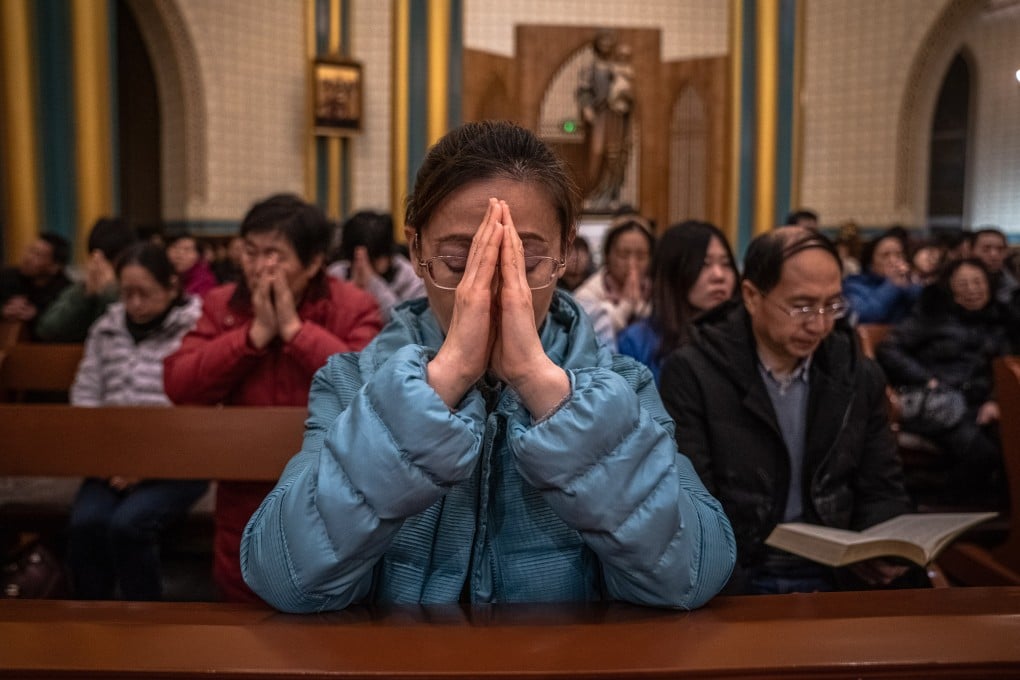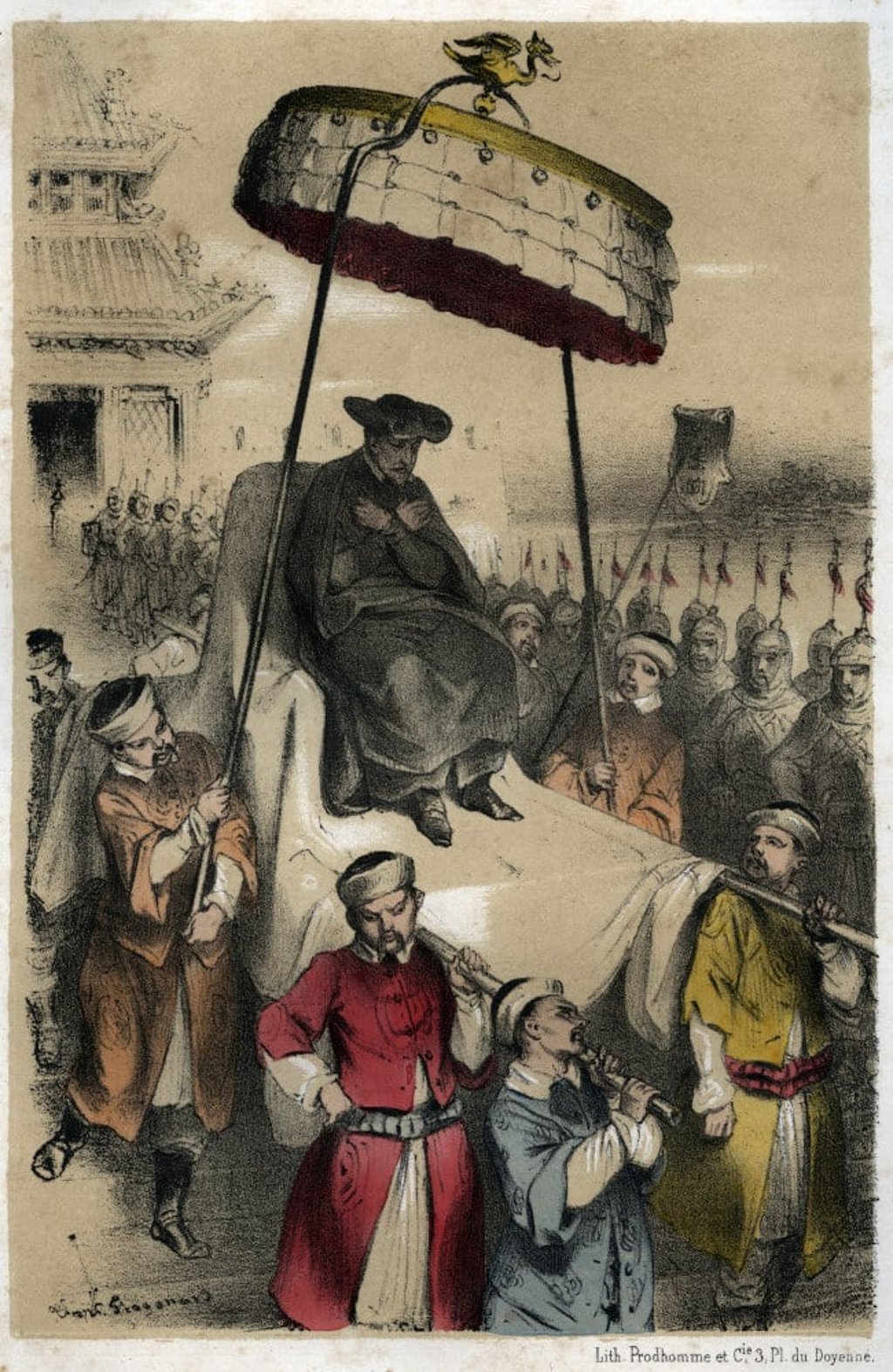Reflections | The Christian converts in Ming dynasty China who made the religion respectable there and the millions of Chinese who will celebrate Christmas
- Christianity took proper root in China thanks to 16th century Jesuit missionaries. Among their influential converts was a minister of the Ming emperor’s court
- Today, at least 44 million Chinese Christians in China and millions more elsewhere celebrate Christmas, or the Festival of the Holy Birth

Christmas is fast approaching and as we plan for the festivities, let’s not forget what Christmas is about.
I used to be a Christian but presently I’d describe myself as agnostic. My Christian journey in my teens was brief but intense. I went to church more often than necessary, I proselytised, and I read the Bible daily as well as any book on Christianity that I could get my hands on.
Perhaps it was the latter that unravelled my faith. The careful reading of these books, the Bible included, convinced me that the irrationality and contradictions within the religion required a huge and unquestioning leap of faith from its adherents, a leap that I was not ready to take.

The Christian religion, in the form of Nestorian Christianity, arrived in China in the early 7th century, but the nascent church practically died out there because of natural attrition and sporadic persecution. It was almost a thousand years later, in the Ming dynasty, that the Roman Catholic Church, riding on the wave of the European age of exploration, laid the foundation of Christianity in modern China.
